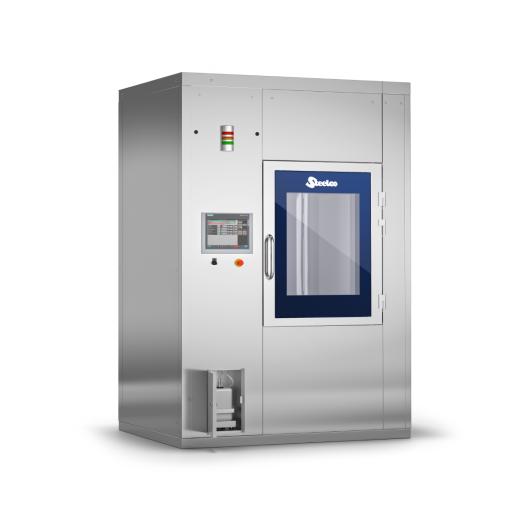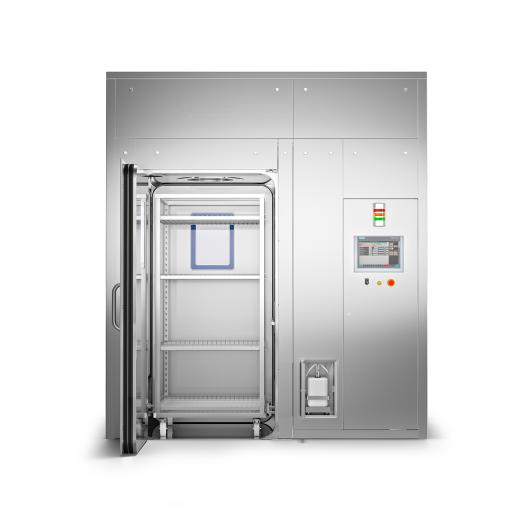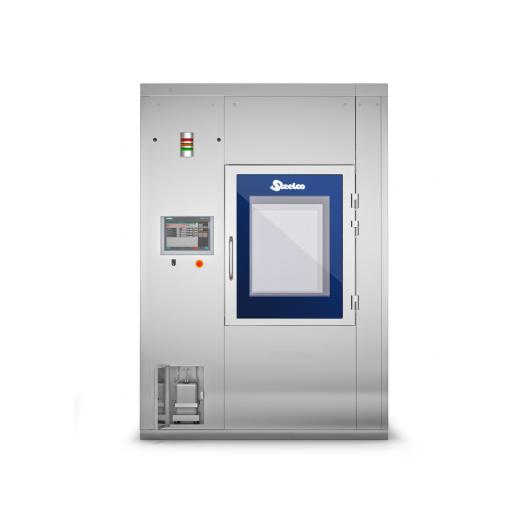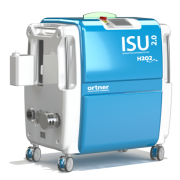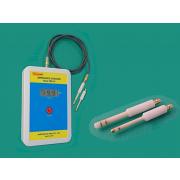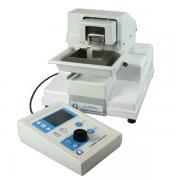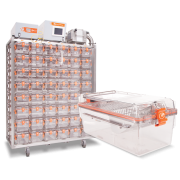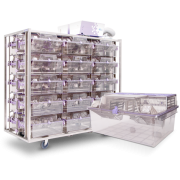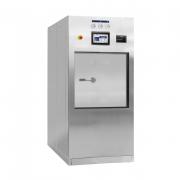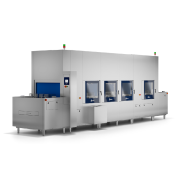


Decontamination lock - multiple decontamination method chamber
The DHP Series of Grade Decontamination air Lock is manufactured to provide a complete turnkey solution for the bio-decontamination of heat-sensitive equipment such as packaged single-use materials, packaged drug delivery devices, empty laboratory glassware, packaged stainless steel instruments, machine parts, small stainless steel containers, electronic devices, various laboratory materials made of glass or plastic or any other material composed of parts compatible with VH2O2 to be transferred from one classified area to another.
The Steelco DHP series is available in single or double doors versions with hinged door(s) in stainless steel with glass windows. To ensure perfect tightness for safety, the unit is provided with double inflatable gaskets. Flexibility and versatility characterize the series devices available in several models and different chamber capacities – with a chamber volume ranging from 436 to 7875 liters (15 to 278 cu ft).
The vaporization process of the liquid hydrogen peroxide is performed through an onboard generator fully integrated into the technical area of the main equipment. A ventilation system guarantees a uniform VH2O2 distribution in the chamber and on the load assuring a fast aeration phase and higher throughput. Following this low-temperature treatment, the decontamination reaches the sterility assurance level (SAL) values up to 10−6.
The DHP Series of pharmaceutical-grade decontamination airlock is designed, manufactured, validated, and documented according to the latest global practices and standards to facilitate customers’ compliance with current Good Manufacturing Practices (cGMPs).
Precise H202 dosing system
The onboard generator prepares the correct dose of H202 and delivers it to the vapouriser system. The Liquid H202 is delivered from a canister, which may be easily exchanged via an alcove in the fascia panel from the loading side. A precise load cell verifies the consumption of H202 for each cycle and the number of chemicals left in the canister. If the level is insufficient, the process controller advises the operator to replace the canister.

